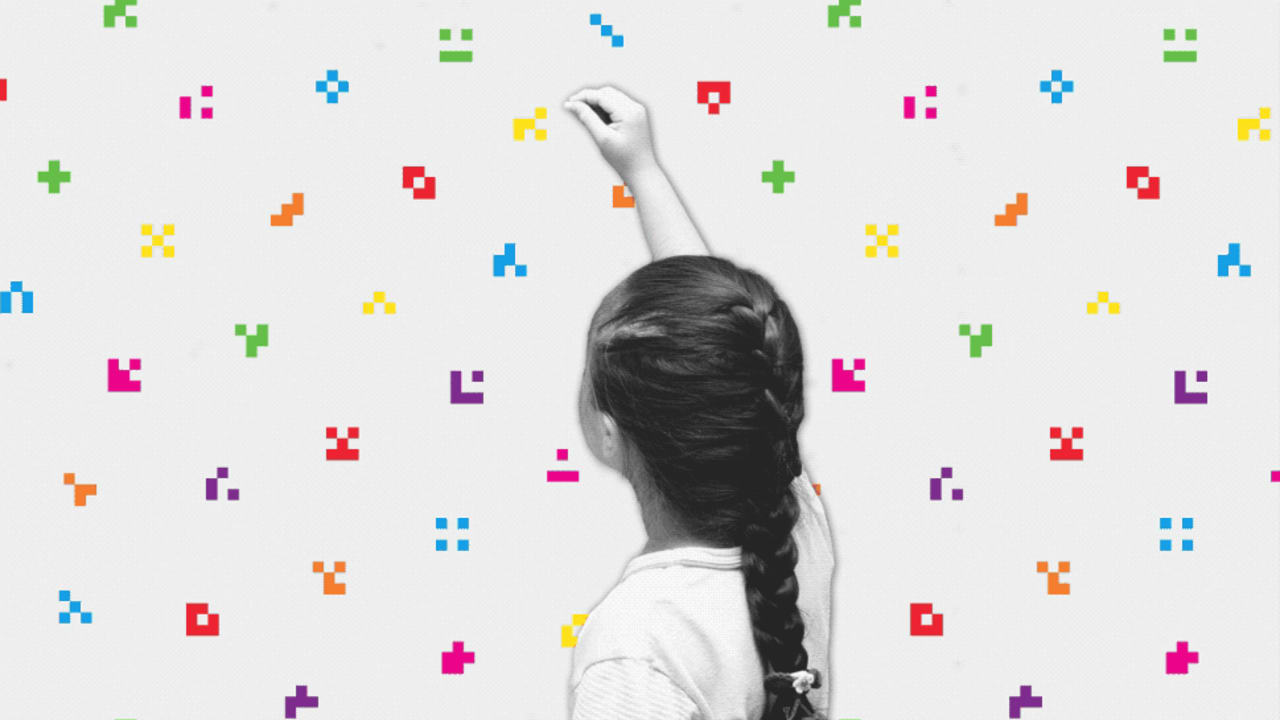With total robot domination seemingly impending, preparing the next generation for the future of work can feel like a lost cause. But fear not, the future may be brighter than expected.
copyright by www.fastcompany.com
 “There’s three job opportunities coming in the future,” says Avi Goldfarb, coauthor of Prediction Machines: The Simple Economics of Artificial Intelligence . He divides them up into people who build artificial intelligence, people who tell the machines what to do and determine what to do with their output, and, finally, celebrities. This last category comprises actors, sports players, artists, writers, and other such luminaries surrounding the entertainment industry.
“There’s three job opportunities coming in the future,” says Avi Goldfarb, coauthor of Prediction Machines: The Simple Economics of Artificial Intelligence . He divides them up into people who build artificial intelligence, people who tell the machines what to do and determine what to do with their output, and, finally, celebrities. This last category comprises actors, sports players, artists, writers, and other such luminaries surrounding the entertainment industry.
A 2017 report from Gartner concludes that artificial intelligence will create more jobs than it kills. In particular, the report singles out healthcare and education as areas ripe for growth. But the handling of artificial intelligence is where Goldfarb thinks an overwhelming number of those new jobs will be created. He thinks even human-centric positions in nursing and education will require a proficient understanding of artificially intelligent tools as the technology becomes a more routine facet of those jobs. For example, to assist with home healthcare for elderly populations, little robots have emerged to help patients remember to take their medications or go for a walk. These bots are still nascent, but it’s not hard to imagine a world in which nurses have to understand how to help patients set reminders or even be able to communicate with these devices remotely as a way of checking in on a patient as part of their jobs.
“The most valuable combinations of skills are going to be people who both have good training in computer science, who know how the machines work, but also understand the needs of society and the organization, and so have an understanding of humanities and social sciences,” he says. “That combination, already in the market, is where the biggest opportunities are.”
Humanities
So how does one prepare to lead these artificially intelligent machines into the new world? Oddly enough, a liberal arts education might be the best antidote to automation, says Goldfarb. While he believes that most people will need a basic understanding of computer science, he thinks that studying art, philosophy, history, sociology, psychology, and neuroscience could be key to preparing for the future. These studies will help young people to have a broad range of knowledge that they can use to put artificial intelligence to its best use.
Experts who study the future of work agree that our ability to make sense of the world is our biggest asset in the wake of automation. While artificial intelligence is good at narrow, repetitive tasks, humans are good at coming up with creative solutions. Anything you can do to get your child thinking creatively will no doubt help prepare her for joining the working world. […]
read more – copyright by www.fastcompany.com


With total robot domination seemingly impending, preparing the next generation for the future of work can feel like a lost cause. But fear not, the future may be brighter than expected.
copyright by www.fastcompany.com
A 2017 report from Gartner concludes that artificial intelligence will create more jobs than it kills. In particular, the report singles out healthcare and education as areas ripe for growth. But the handling of artificial intelligence is where Goldfarb thinks an overwhelming number of those new jobs will be created. He thinks even human-centric positions in nursing and education will require a proficient understanding of artificially intelligent tools as the technology becomes a more routine facet of those jobs. For example, to assist with home healthcare for elderly populations, little robots have emerged to help patients remember to take their medications or go for a walk. These bots are still nascent, but it’s not hard to imagine a world in which nurses have to understand how to help patients set reminders or even be able to communicate with these devices remotely as a way of checking in on a patient as part of their jobs.
“The most valuable combinations of skills are going to be people who both have good training in computer science, who know how the machines work, but also understand the needs of society and the organization, and so have an understanding of humanities and social sciences,” he says. “That combination, already in the market, is where the biggest opportunities are.”
Humanities
So how does one prepare to lead these artificially intelligent machines into the new world? Oddly enough, a liberal arts education might be the best antidote to automation, says Goldfarb. While he believes that most people will need a basic understanding of computer science, he thinks that studying art, philosophy, history, sociology, psychology, and neuroscience could be key to preparing for the future. These studies will help young people to have a broad range of knowledge that they can use to put artificial intelligence to its best use.
Experts who study the future of work agree that our ability to make sense of the world is our biggest asset in the wake of automation. While artificial intelligence is good at narrow, repetitive tasks, humans are good at coming up with creative solutions. Anything you can do to get your child thinking creatively will no doubt help prepare her for joining the working world. […]
read more – copyright by www.fastcompany.com
Share this: